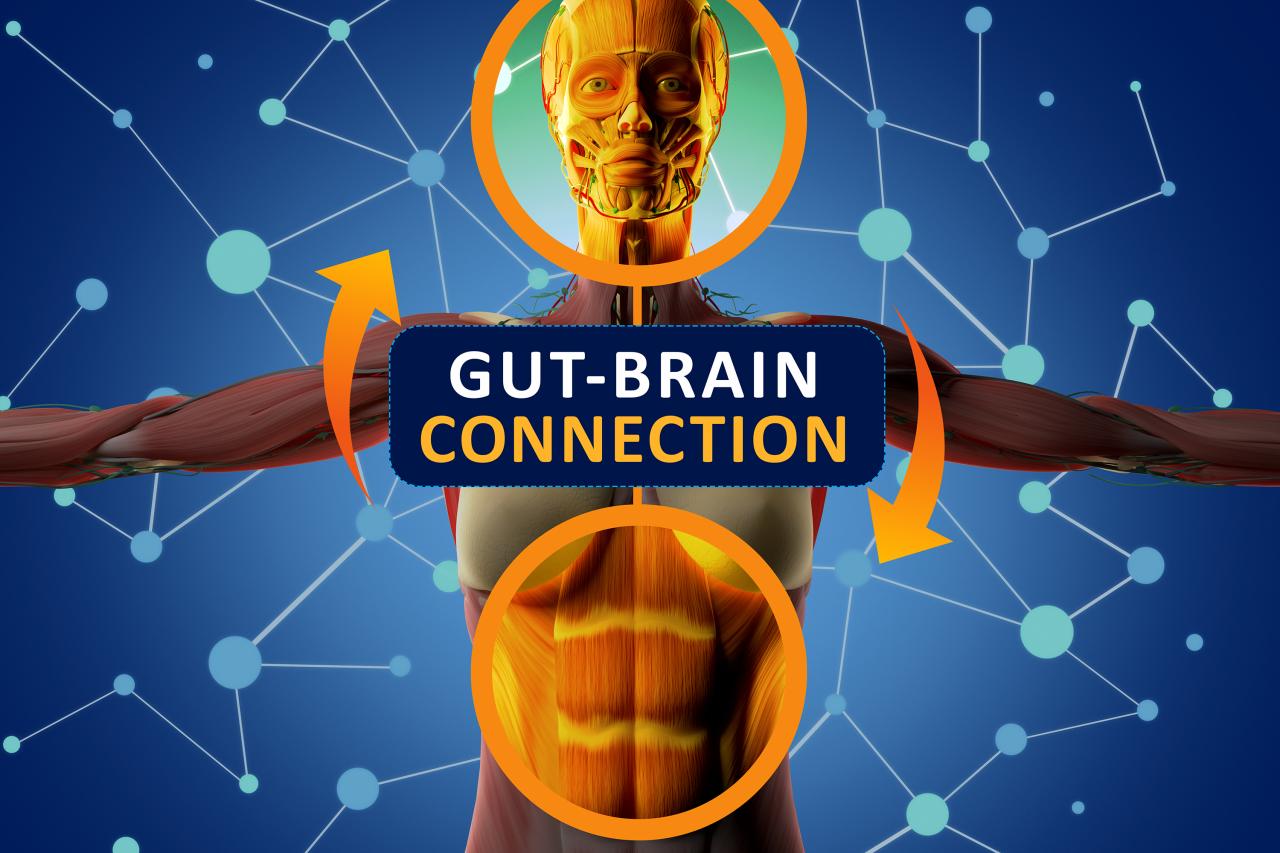
The burgeoning field of microbiome restoration has ushered in a new era of alternative medicine, highlighting the intricate link between our gut health and overall well-being. This connection, deeply rooted in the gut-brain axis, suggests that the balance of bacteria in our digestive system can influence not just digestive health, but also mental health, immune function, and even the risk of chronic diseases. As we delve into the complexities of the human microbiome, it becomes clear that nurturing our gut flora is a foundational step towards achieving holistic health.
Unraveling the Gut Microbiome
The human gut microbiome is a complex ecosystem, home to trillions of microorganisms, including bacteria, viruses, fungi, and other microscopic life forms. This community plays a crucial role in digestion, nutrient absorption, and the synthesis of vitamins and neurotransmitters. However, the influence of the gut microbiome extends beyond the digestive tract, impacting the immune system, mental health, and susceptibility to diseases.
The Science of Microbiome Restoration
Microbiome restoration involves strategies aimed at replenishing and balancing the gut flora. This can include the use of probiotics (live beneficial bacteria), prebiotics (fibers that feed these bacteria), and synbiotics (a combination of both). Emerging research has shown that these interventions can lead to improvements in gut health, which in turn can alleviate symptoms of irritable bowel syndrome, reduce the risk of antibiotic-associated diarrhea, and even improve mood and cognitive function.
The Gut-Brain Connection
One of the most fascinating aspects of microbiome restoration is its potential impact on mental health through the gut-brain axis. This bi-directional communication pathway allows the gut and the brain to send signals to each other, with the gut microbiome playing a pivotal role in this conversation. Studies have found that imbalances in the gut flora can contribute to the development of anxiety, depression, and other mental health disorders. Conversely, restoring a healthy microbiome can have positive effects on mental well-being, showcasing the potential of gut health interventions as adjunct treatments for mental health issues.
Implementing Microbiome Restoration in Daily Life
Incorporating microbiome restoration into one’s lifestyle can involve simple dietary and lifestyle changes. Consuming a diverse diet rich in whole foods, vegetables, fruits, and fermented foods can enhance microbial diversity in the gut. Additionally, avoiding unnecessary antibiotics, reducing stress, and getting adequate sleep are crucial for maintaining a healthy microbiome.
Challenges and Considerations
While the field of microbiome research is promising, there are challenges to consider. The complexity of the gut microbiome means that there is no one-size-fits-all solution for microbiome restoration. Individual responses to probiotics and dietary changes can vary, emphasizing the need for personalized approaches. Furthermore, more research is needed to fully understand the long-term impacts of microbiome restoration interventions and to identify the most effective strategies for different populations.
The Future of Gut Health
As we continue to explore the depths of the human microbiome, the potential for microbiome restoration to contribute to holistic health and disease prevention becomes increasingly evident. With ongoing advancements in research and technology, we are on the cusp of a new frontier in alternative medicine, where gut health is recognized as a cornerstone of overall well-being. By embracing the principles of microbiome restoration, we can unlock new pathways to health, paving the way for a future where holistic interventions are integrated into the standard of care for a wide range of conditions.
The exploration of microbiome restoration offers a compelling glimpse into the interconnectedness of our body systems and the profound impact of our gut flora on our health and happiness. As we navigate this exciting field, the promise of achieving optimal health through the balance of our microbial allies illuminates the path towards a more integrated, holistic approach to wellness.
